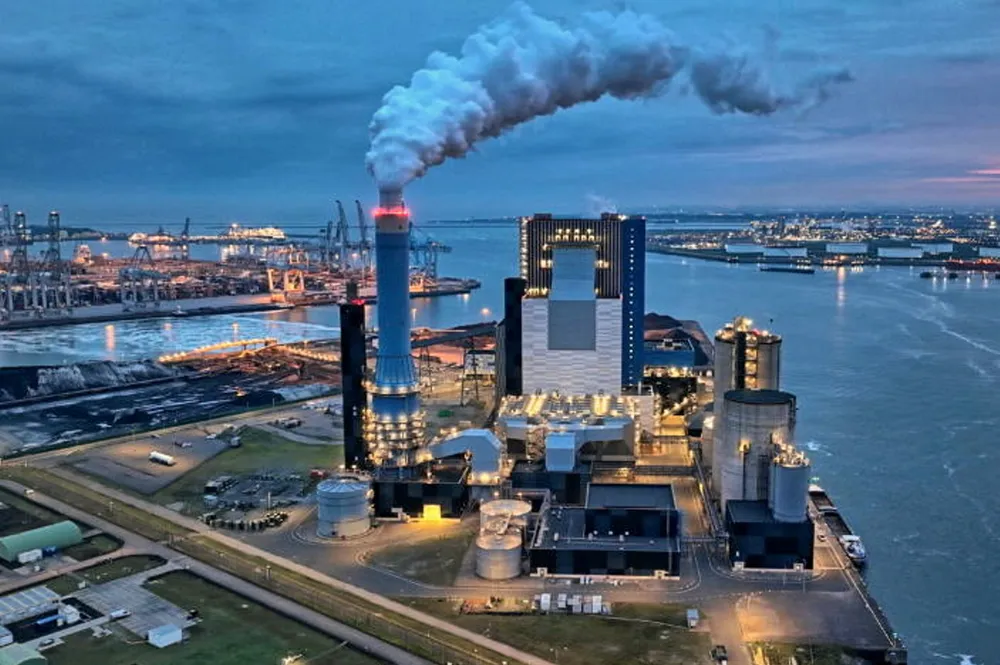Coal replacement? | German utility plans 1.2GW blue hydrogen plant at Port of Rotterdam
Onyx Power wants to produce H2 from fossil gas at its Rotterdam site, where it currently runs a 715MW coal-fired power station that has to close by 2030

Onyx Power wants to produce H2 from fossil gas at its Rotterdam site, where it currently runs a 715MW coal-fired power station that has to close by 2030
